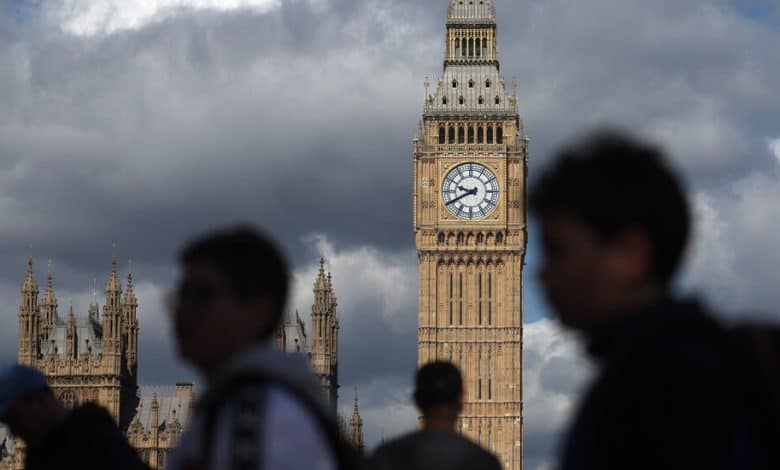Sometimes U.S. and U.K. Politics Seem in Lock Step. Not This Year.

A Conservative British prime minister sets the date for a long-awaited vote in the early summer and the United States follows with a momentous presidential election a few months later. It happened in 2016, when Britons voted for Brexit and Americans elected Donald J. Trump, and now it’s happening again.
Political soothsayers might be tempted to study the results of Britain’s July 4 general election for clues about how the United States might vote on Nov. 5. In 2016, after all, the country’s shock vote to leave the European Union came to be seen as a canary in the coal mine for Mr. Trump’s surprise victory later that year.
Yet this time, past may not be prologue. British voters appear poised to elect the opposition Labour Party, possibly by a landslide margin, over the beleaguered Conservatives, while in the United States, a Democratic president, Joseph R. Biden Jr., is in a dogfight with Mr. Trump and his Republican Party.
“We’re just in a very different place politically than the U.S. right now,” said Robert Ford, a professor of political science at the University of Manchester. The Conservatives have been in power for 14 years, Brexit has faded as a political issue, and there is no British equivalent of Mr. Trump.
To the extent that there is a common theme on both sides of the Atlantic, said Ben Ansell, a professor of comparative democratic institutions at Oxford University, “it’s really bad to be an incumbent.”
By all accounts, Prime Minister Rishi Sunak decided to call an election a few months early because he does not expect Britain’s economic news to get any better between now and the fall. Trailing Labour by more than 20 percentage points in polls, Mr. Sunak, analysts said, is betting that the Tories can cut their losses by facing the voters now.
